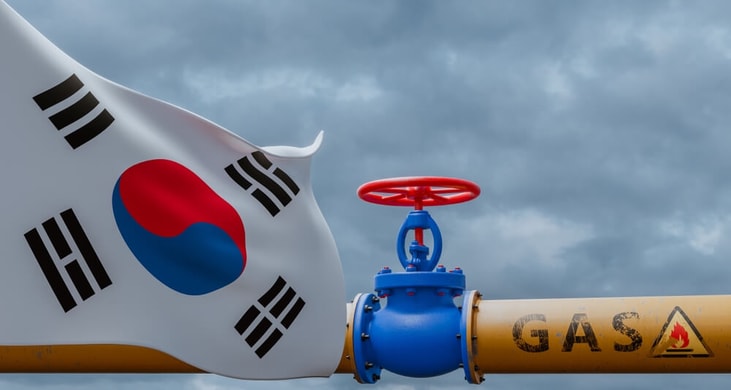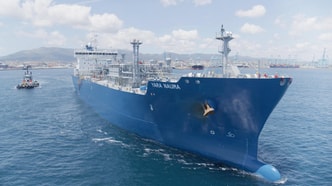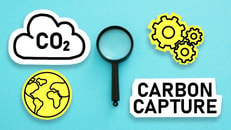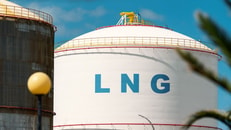South Korea pressed to cut methane from LNG and oil imports
A new report from climate policy group Solutions for Our Climate (SFOC) and the consultancy Carbon Limits has called on South Korea to regulate methane emissions from imported liquefied natural gas (LNG) and oil, highlighting that upstream emissions from these imports are 17 times higher than those produced domestically.
The report estimates that imported oil and gas generated 30 million tonnes of CO2 equivalent (CO2e) in methane emissions in 2023, compared with just 1.7 million tonnes from domestic activity. As one of the world’s top five fossil fuel importers, sourcing 98% of its oil and gas from abroad last year, South Korea’s true methane footprint remains largely unaddressed, according to SFOC.
Methane intensities across South Korea’s key suppliers were found to exceed global benchmarks. Oil imports averaged 27.6 kg CO2e per barrel of oil equivalent (BOE), more than five times the US benchmark of 5.9 kg. LNG imports averaged 22.3 kg CO2e per BOE, nearly four times the US threshold.
South Korea’s oil and gas imports come primarily from Saudi Arabia, the US, Qatar, and Australia. The report found wide variations in methane intensity across these exporters, reflecting differences in upstream practices and regulatory enforcement.
... to continue reading you must be subscribed









![Video: “[MENA] is the region that will provide a helping hand to Europe to decarbonise fast”](https://www.gasworld.com/cdn-cgi/image/width=332,height=186,fit=scale-down,quality=90,metadata=none,format=auto,gravity=auto/https://www.gasworld.com/wp-content/files/2024/12/Valantis-Mikrommatis.jpg)
















